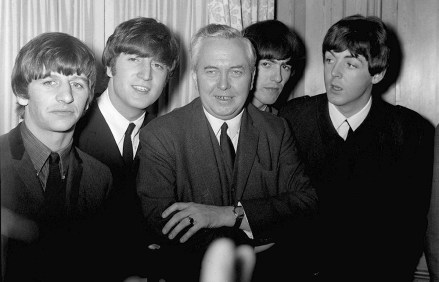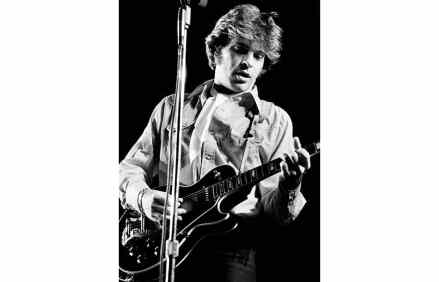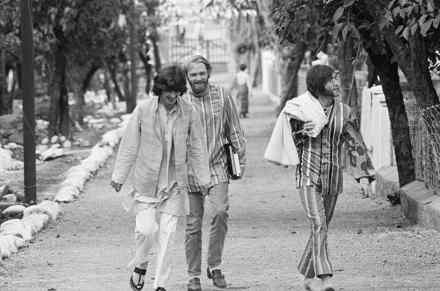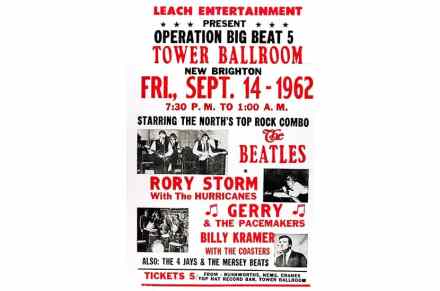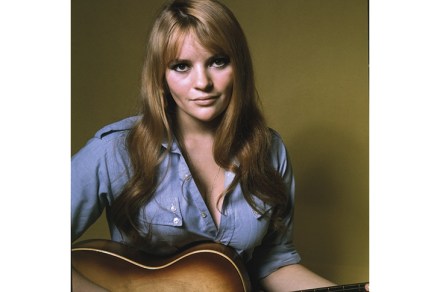In the dark early 1960s, at least we had the Beatles
‘These things start on my birthday – like the Warsaw Uprising – and spoil my day,’ wrote the understandably self-pitying Barking housewife Pat Scott in her diary on the first day of the Cuban Missile Crisis in October 1962. ‘And then to spoil it more, Ted [her husband] took his driving test for the second time and failed.’ It is clashes like these, of the personal and humdrum against the political and global, that make David Kynaston’s close surveys of Britain in the second half of the 20th century such fascinating and lively documents. Yes, the world might be about to end, but that was no excuse to spoil Pat’s
